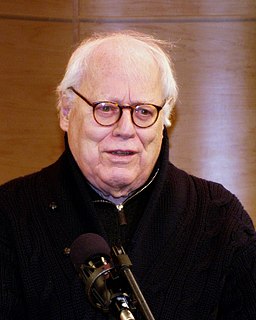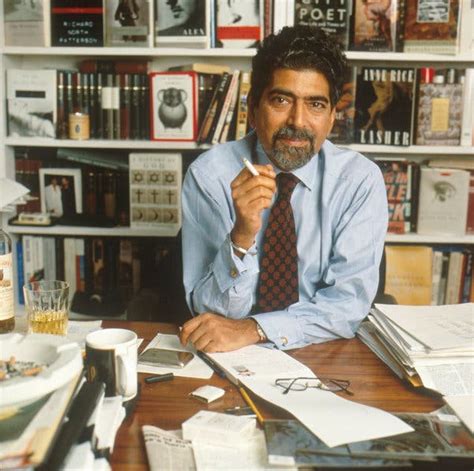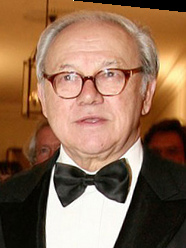A Quote by Andrew Shaffer
Barnes & Noble, along with other independent bookstores, are refusing to stock Amazon Publishing titles. They'll order books from the online retail giant if customers ask, but bookstores have so far declined to be 'showrooms' for Amazon.
Related Quotes
I often think . . . that the bookstores that will save civilization are not online, nor on campuses, nor named Borders, Barnes & Noble, Dalton, or Crown. They are the used bookstores, in which, for a couple of hundred dollars, one can still find, with some diligence, the essential books of our culture, from the Bible and Shakespeare to Plato, Augustine, and Pascal.
Amazon Pages and Amazon Upgrade leverage Amazon's existing 'Search Inside the Book' technology to give customers unusual flexibility in how they buy and read books, .. In collaboration with our publishing partners, we're working hard to make the world's books instantly accessible anytime and anywhere.
Booksellers initially thought of Amazon as their best friend. They were coming in, and they were challenging Barnes and Noble, and Borders, which were the big, dominant corporations of the day, and that they would disrupt them and make them less powerful, but they could never envision that Amazon would overtake them all.



































